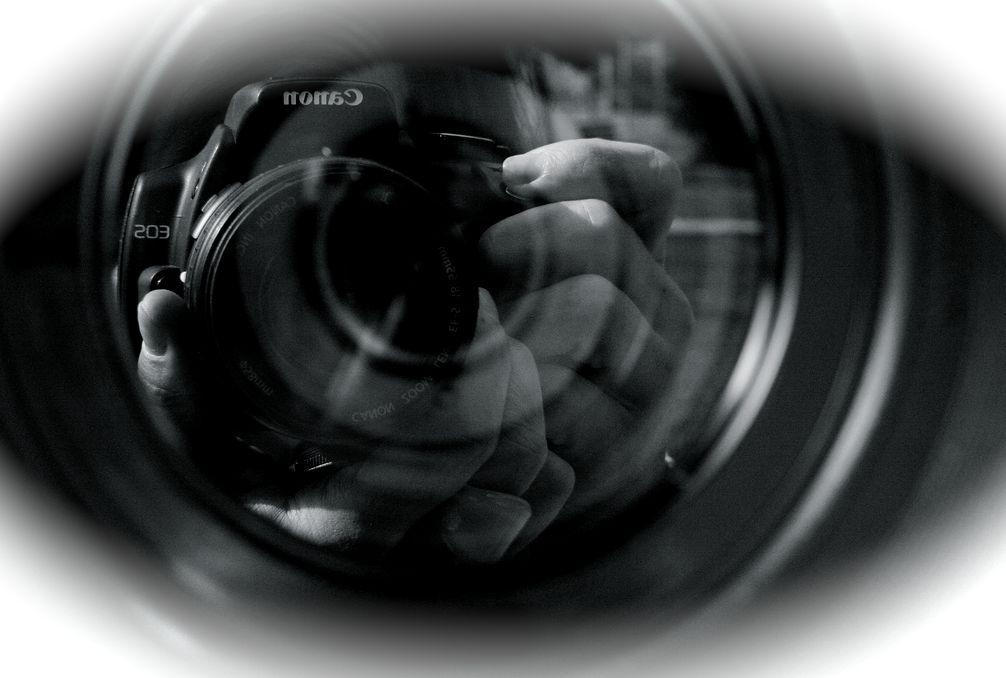BBC, ITN and Sky are pushing to overturn the ban on cameras in courtrooms. The broadcasters are joint signatories to a letter calling for the provision to be included in the Queen’s Speech. Photo by Megan Mallen.
The letter, signed by Helen Boaden of the BBC, John Hardie of ITN, and John Ryley of Sky News, pointed out that last September ministers announced their intention to change the law to allow the limited televising of courtrooms ‘in order to improve public understanding of the justice system’.
Last week the sentencing of a man convicted of murdering a missing woman was filmed for TV in Scotland for the first time. Cameras were allowed into an Edinburgh court where David Gilroy was jailed for life for the murder of Suzanne Pilley. Gilroy, her former lover and colleague, was convicted of her murder last month after a four-week trial.
The Gilroy case was said to be the first time in the UK that TV news cameras had been allowed to film a sentencing in a criminal court and followed a successful application by broadcaster STV.
‘So our courts are not like the Jeremy Kyle show after all? We think we sort of know how the courts work in the UK. We watch Coronation Street, remember how unfair it all can be from the case of Jarndyce v Jarndyce in Bleak House and how Heathcliff finally got his hands on Wuthering Heights (or we watched the serialisations on TV) and enjoy the drama of an angry judge silencing the court with his wooden gavel. Only it is all tosh – or ‘dramatic licence’ if you prefer.’ Duncan Lamon
- You can read Duncan Lamont on cameras in court HERE.
- You can read the JusticeGap guide to court reporting HERE.
- You can read about the Open Justice project HERE.
- You can read about Live Justice – a Guardian project involving the JusticeGap which used social media to report on the courts HERE.
As part of the Open Justice project, Isobel Williams asked the Ministry of Justice for permission to sketch in court. The MoJ declined, saying: ‘Unfortunately there is no discretion for judges to grant permission to allow sketching within a courtroom. Like filming or taking photos in court the legislation provides a blanket prohibition on sketching within a court.’
Isobel sketched the picture of John Cooper QC above. You can read Isobel’s blog HERE.
Cameras are banned from the courts under the Criminal Justice Act 1925, section 41. The Contempt of Court Act 1981, section 9 makes it a contempt to make any sound recording of court proceedings without the court’s permission, and a contempt to broadcast any such recording.
‘As representatives of the country’s main broadcasters, we welcomed this proposal and the Government’s commitment to bring greater transparency to our courts. We hope that timely progress can now be made to ensure that the Bill lifting the prohibition on cameras in court is included in the Queen’s Speech in May. The administration of justice is a key part of a democracy. It shapes and defines a civilised society. The ability to witness justice in action, in the public gallery, is a fundamental freedom. Television will make the public gallery open to all.’
The broadcasters argued that ‘a great deal of work needs to be done by the judiciary and court officials, civil servants and the media working together to ensure that the change succeeds in its chief aim of opening up courtrooms to make the judicial process more understandable and accessible’. They accepted ‘that there must be limitations on what can be broadcast and we agree that the presiding judge should have complete control of what is shown from the courtroom.
‘We recognise that concerns have been raised about the impact television coverage will have, particularly in controversial cases. However, we believe that the outcome can only be positive.’
They said that the experience over the last two years of live streaming from the Supreme Court ‘has shown that the presence of cameras has not affected the course of justice in any way in this court’. ‘Instead, it enhances public understanding and allows everyone to see justice being done,’ it said.
‘Everyone who believes in transparency should support this proposed change in the law. This is a long-overdue reform. For too long the UK has lagged behind much of the rest of the world on open justice. The time has come for us to catch up.’





